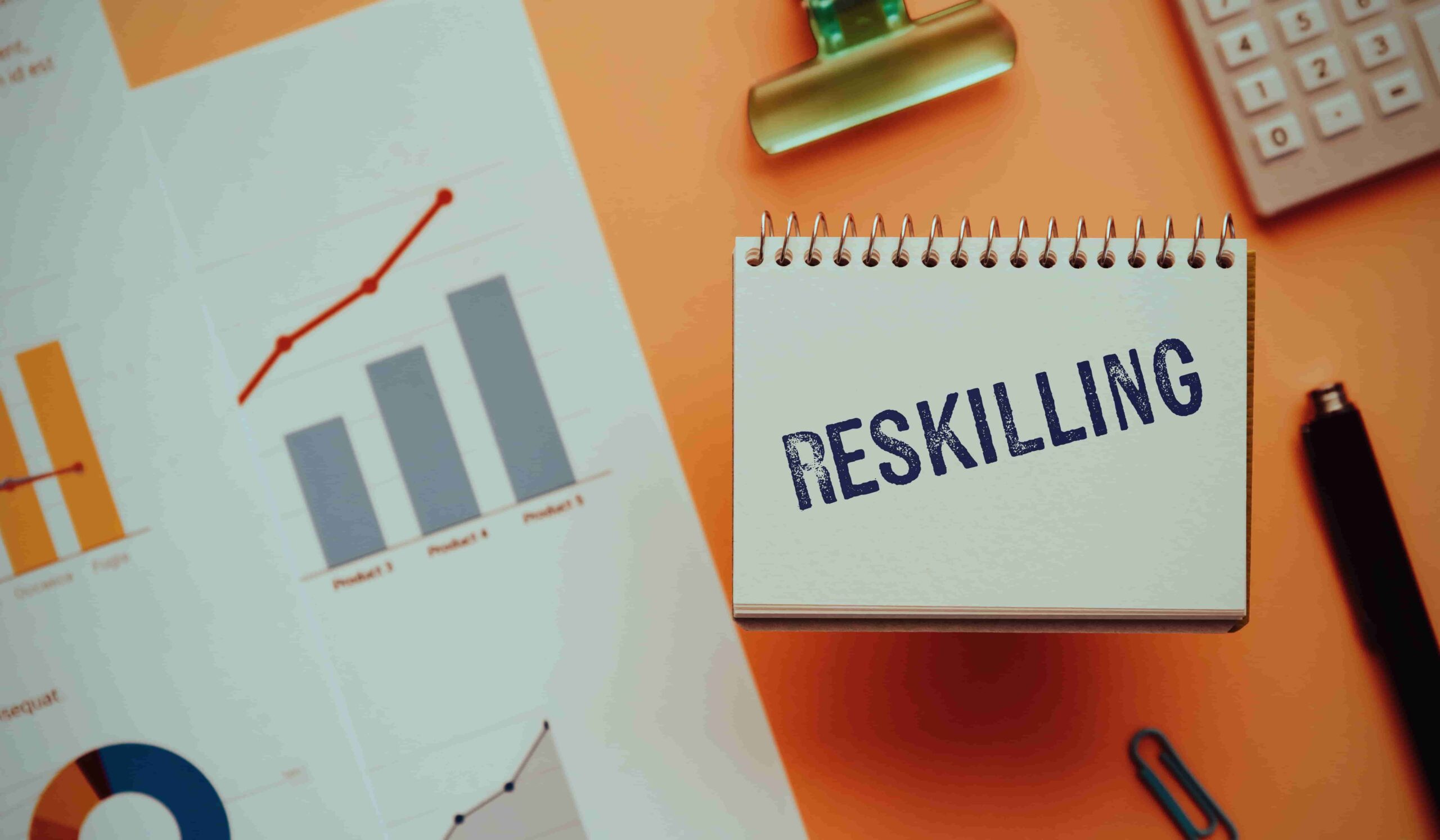Anúncios
Your Path to Success in a Competitive Job Market

In today’s job market, where competition is fierce, getting ready for an interview is key to boosting your chances of success. With changes in how we work and the rise of job interviews, preparing effectively has never been more important.
Recommended Content

Career Development Unlocked: The Power of Continuous Learning
Candidates who go into interviews with self-assurance are usually better at facing whatever obstacles may arise. Keep reading to discover practical tips and strategies to help you stand out, feel confident, and make a lasting impression in any interview setting.
Researching the Company and Understanding the Role
A key approach to preparing for an interview involves conducting in-depth research on the company you’re applying to join. Candidates must invest time in getting acquainted with the company’s mission statement and core principles, which convey accomplishments.
When candidates grasp what the company represents, they can better tailor their responses to fit the organization’s philosophy and showcase their alignment with its objectives. Moreover, attuning to a company culture can help candidates present themselves effectively.
Exploring the details of the job description is crucial for applicants as they need to showcase their qualifications and experiences and shape their answers to align with the essential skills favored by employers.
Thoroughly examining the job advertisement helps candidates pinpoint the abilities and traits that matter most to the hiring panel, demonstrating their interest in the role and their capability to thrive in it.
Practicing Interview Questions and Techniques

Moreover , practicing typical interview inquiries is an important aspect of getting ready. Questions that candidates should be prepared to respond to are “Share about yourself” and “What are your major strengths and areas for improvement?”
Creating crafted responses to these inquiries can greatly enhance a candidate’s assurance. Rehearsing answers vocally enables individuals to polish their presentation , ensuring they convey their thoughts effectively when they truly matter.
Practicing interviews is a method for preparing for the real thing and can make a big difference in how well you perform on the day of your interview.
Getting feedback from friends or family during these practice interviews can help you improve in areas, like body language and tone of voice, that you might not notice on your own. Mock interviews offer insights that solo practice sessions may overlook and help pinpoint areas for improvement.
Moreover, it’s extremely helpful to grasp and use the STAR approach when preparing to respond to interviews. STAR represents Situation, Task, Action, and Result and serves as a guide for organizing responses to inquiries.
This method prompts applicants to provide brief instances from encounters, allowing them to demonstrate how they’ve tackled obstacles. Using the STAR approach effectively showcases a candidate’s abilities and accomplishments, proving their ability to succeed.
When getting ready for interviews or applications, it’s important to gather a range of real-life scenarios that showcase abilities like teamwork, leadership skills, and problem-solving.
Sharing examples shows how adaptable and skilled a candidate is, which can impress employers. These stories will help candidates answer questions confidently and prove their suitability effectively.
Preparing Questions for the Interviewer
It’s just as crucial to come up with questions to ask the interviewer during an interview session. Often, candidates forget about this important part of the process, but thoughtful questions show that you’re interested in the position.
Asking about company culture, team relationships, or future projects can give you useful information to decide whether this role aligns with your career goals.
A conversation like this changes the whole feel of the interview from answering questions to sharing and exchanging information.
Recommended Content

Level Up: Why Reskilling Is the Future of Work
Managing Your Preparation Time and Environment
Efficiently managing time in preparation is crucial for success when preparing for interviews. Dedicating time to tasks is essential to ensure candidates are fully prepared and systematic in their interview approach.
Having an organized schedule can assist candidates in staying on track and maintaining focus as they prepare. Breaking down the preparation process into tasks can help candidates avoid feeling overwhelmed and ensure they cover all topics thoroughly.
As the interview day draws near, candidates ought to consider the aspects of their interview, especially in virtual settings.
Checking the tech and securing an internet connection can prevent eleventh-hour problems that might interrupt the interview process. Indeed, practicing in the setting could aid candidates in feeling at ease and home during the interview.
Setting up a distraction environment to promote a professional ambiance during the interaction is crucial.
Appearance and Body Language on Interview Day
During the interview, candidates are expected to dress according to the company’s dress code.
This applies to interviews! Maintaining an appearance boosts confidence and leaves a favorable initial impression on the interviewer.
Different industries may have varying expectations regarding attire; hence, it is essential to grasp these subtleties in order to present yourself in an impactful manner.
Furthermore, applicants must observe their body language during the interview phase. Maintaining eye contact, shaking hands firmly, and maintaining a posture can impact how candidates come off.
These physical cues collectively signal professionalism, self-assurance, and excitement about the position. Practicing these behaviors beforehand helps candidates show interest and leaves an impression.
Following Up After the Interview
After the interview ends, candidates should send a thank-you note to show appreciation to the interviewer. This can strengthen an impression and highlight the candidate’s excitement about the opportunity.
Sending this follow-up promptly is key; it’s best done within 24 hours of the interview. A written thank you note allows candidates to reaffirm their interest and briefly mention a topic discussed during the interview to solidify their rapport with the interviewer.
Networking and Staying Connected

Established connections are vital for navigating the job search and getting ready for interviews. Networking with industry insiders offers advice and guidance to job seekers.
Moreover, participating in groups related to a field or attending relevant events can enhance candidates’ expertise and capabilities, giving them a competitive edge.
A strong professional network not only leads to referrals but also uncovers new opportunities that candidates might not have come across before
Embracing Feedback and Mental Preparation
In addition, candidates must focus on being adaptable and receptive to feedback while preparing for an interview. Having a mindset that embraces growth leads to progress and boosts performance.
When candidates are open to learning and willing to receive feedback, they are better prepared to handle questions or scenarios that may arise during their interviews. Confidence in their ability to adapt gives candidates an advantage in the job market.
The mental aspects of getting ready for an interview are also crucial to think about. Dealing with nervousness and tension is key to doing well in interviews.
Strategies like breathing exercises and focusing on the moment can help reduce anxiety before the interview starts.
Taking time to unwind and focus can impact a candidate’s attitude and enable them to convey the confidence they want to convey during the interview.
Conclusion: Preparing for Success in a Competitive Market
In short, getting ready for an interview involves a strategy that includes research, regular practice, and honest self-assessment.
It is important to study the company and the job role, prepare examples to showcase your skills, and work on your communication abilities.
Adapting to the changing job market. Using preparation techniques can significantly boost your chances of securing your dream job.
In today’s evolving job market landscape, keeping updated and flexible is key to standing out as a job seeker and staying ahead in fulfilling career options.
Explore more articles on our portal to stay informed, sharpen your skills, and take the next step in your career journey with confidence.
Recommended Content
